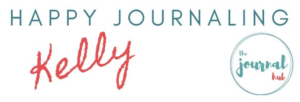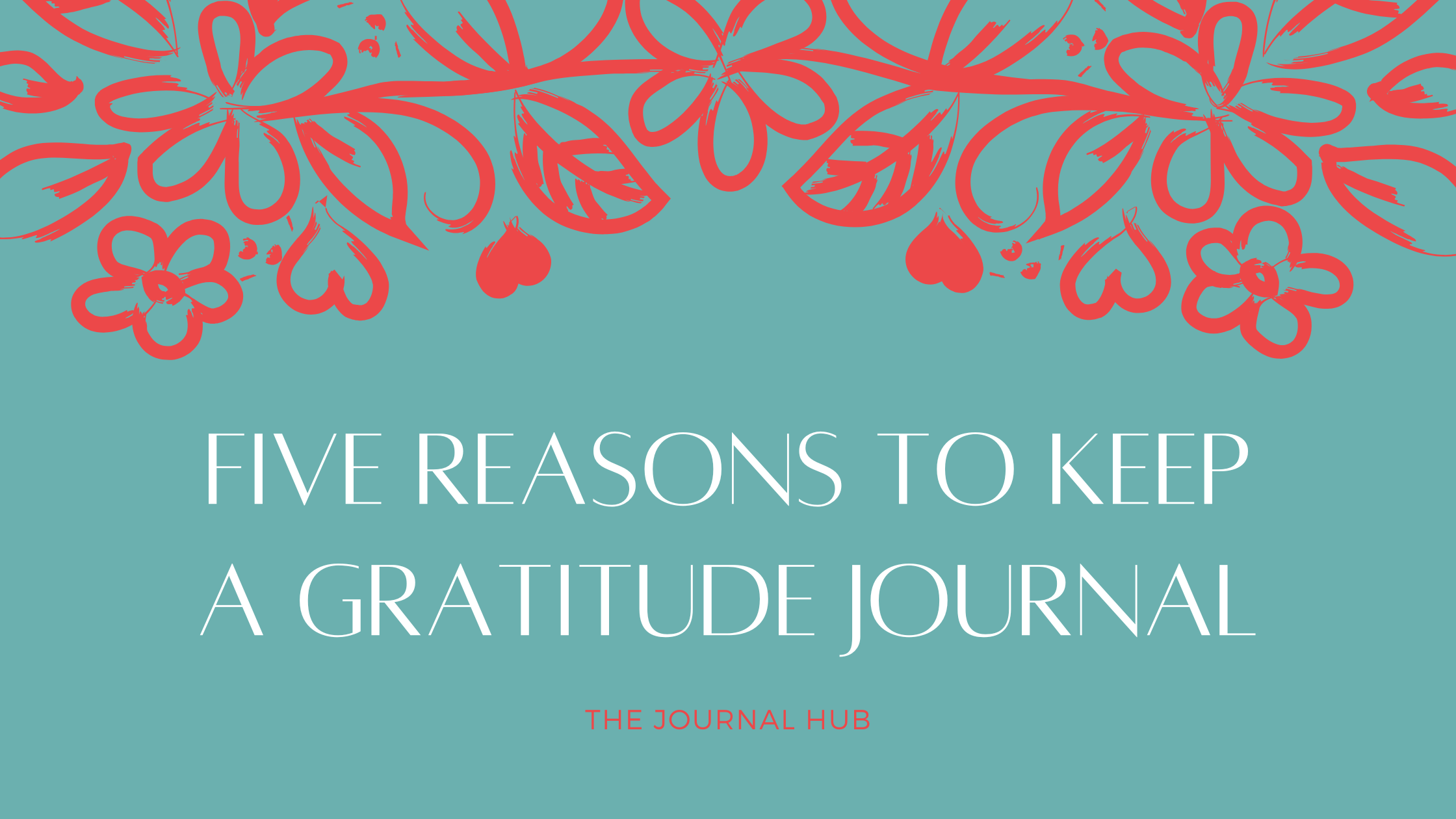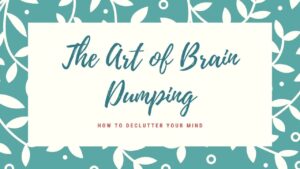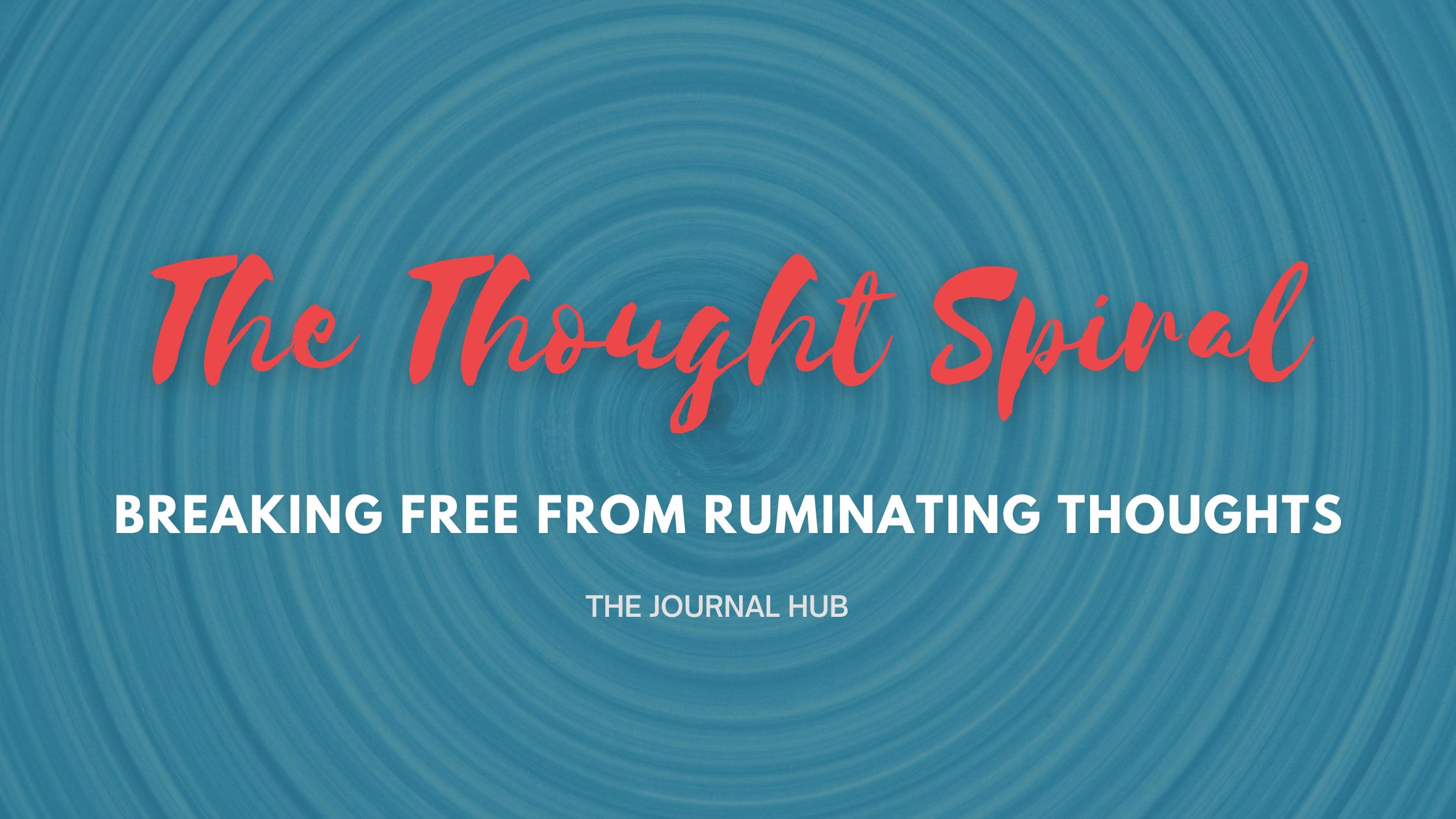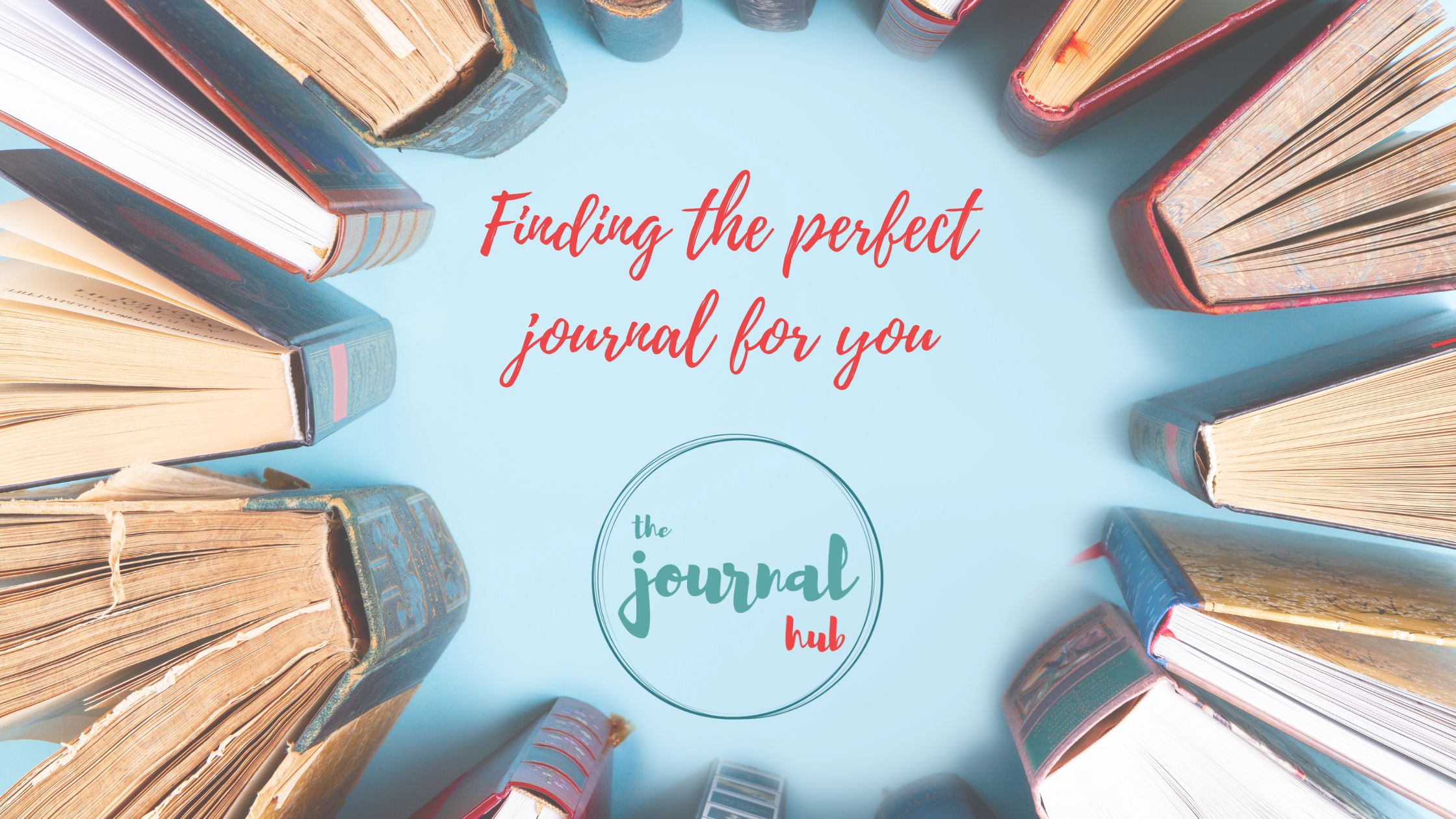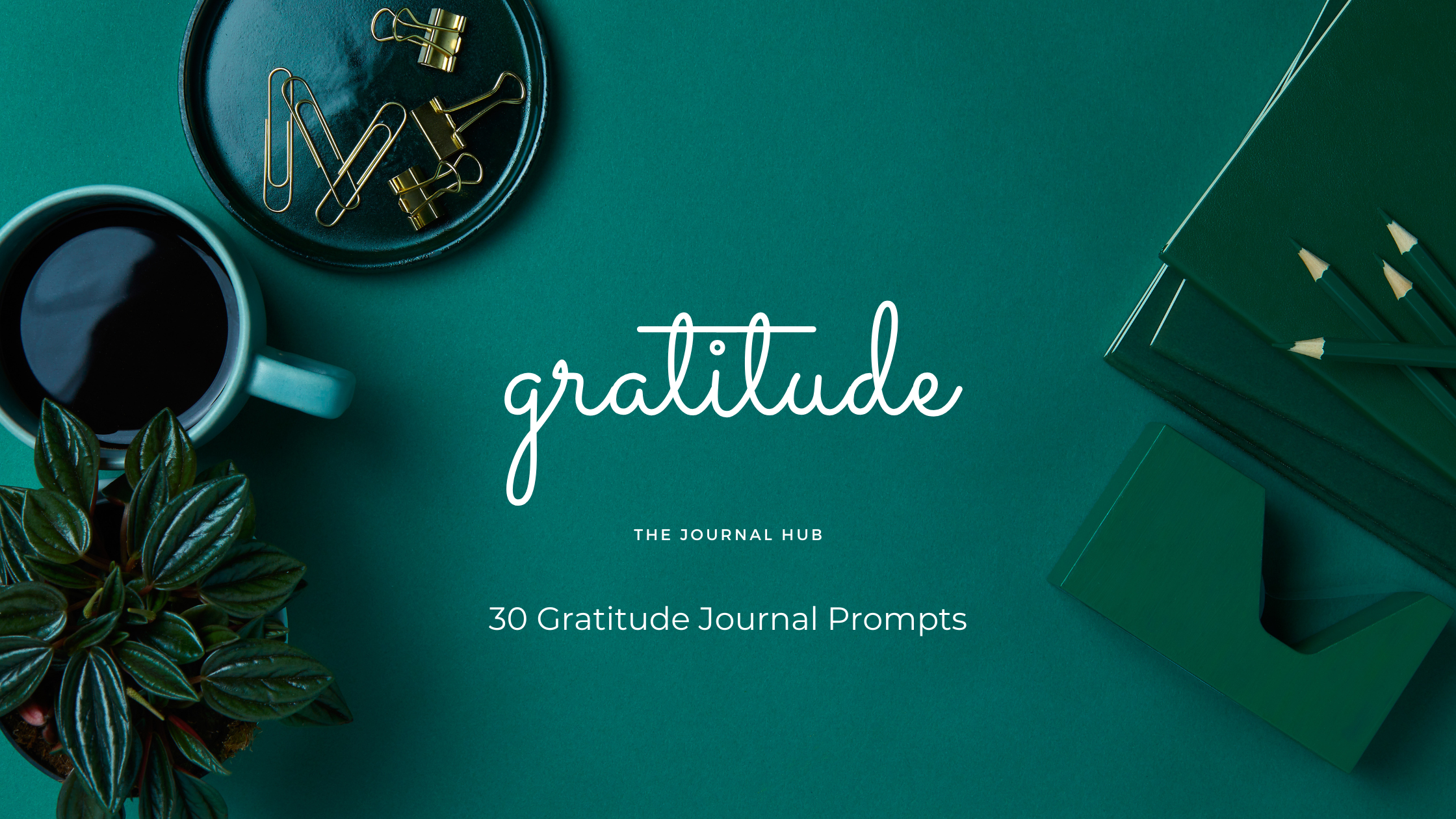“Gratitude is the best medicine. It heals your mind, your body and your spirit. And attracts more things to be grateful for.”
Every time I start a new journal (and it doesn’t have to a be at the beginning of the year) I like to pick one word to inspire me during the time I use that notebook. This time my word is grateful.
My daily page layout in my new bullet diary includes a section to write down three things I am grateful for at the end of every day. Knowing that I will be completing this section in my journal ensures that I am looking for things to be grateful for throughout the day. It is a way of training myself to constantly be looking for things in my life to be thankful for. I don’t want to be writing the same things every day – where’s the fun in that.
Gratefulness doesn’t always come easily, particularly if you are going through a trauma or suffering from depression but if you put in a little effort you can benefit from the many positive side effects of gratitude.
There are so many reasons to start a Grateful Journal, but here are my top five!
It is simple
If you are new to journaling and you don’t know where to start, simple grab a notebook (it doesn’t have to be fancy, but it’s more fun if it is), turn to the first page, write down the date and jot down three things that you are grateful for today. You don’t have to write long prose; a short sentence is all that’s required.
For example, mine today:
- I am grateful for the heater to snuggle up in front of
- I am grateful that I have three days off work next week
- I am grateful I got to go out for a walk.
See, that took me all of two minutes. It really is the easiest way to start journaling. Do that every night for 30 days and see if you feel happier – warning though it can become addictive!
Gratitude improves your health
Studies have shown that regularly expressing gratitude changes the molecular structure of the brain, keeps your grey matter functioning and makes you healthier and happier. Other studies have shown keeping a gratitude journal can even create physical changes to the body, such as reducing blood pressure and inflammation.
Grateful people tend to experience fewer aches and pains and look after themselves better. I know it has had that impact on my exercise, rather than thinking “I have to go for a walk” I am thinking how lucky I am that I get to go for a walk. It really does put a different slant on the how you see things.
The flow on effect is that you feel better, therefore it’s much easier to be grateful!
It improves your mental health and mental strength
I have suffered from depression and anxiety in the past and still struggle with it every now and then. Keeping my journal and writing about the things I am grateful for is one of the tools I use to help me get out of “the black hole”.
Dr Robert Emmons, a leading researcher of gratitude, found that gratitude reduces depression and increases happiness. By looking for things to be grateful for, many negative emotions, such as envy, resentment and regret are reduced. Your brain produces a hit of dopamine when you experience kindness or gratitude giving you a natural high – it’s one of the reasons writing a grateful journal can become addictive.
Living a life of gratitude is a form of mindfulness, looking for things to be grateful grounds us in the present. Like other mindfulness practices this helps reduce our stress levels.
It improves your sleep
This exercise is great to do before you go to bed as it helps to improve your sleep. Rather than tossing turning, thinking about everything you must do tomorrow, your last thoughts are positive and calming. It also takes you away from your screens, rather than checking your emails or Facebook one last time before trying to go to sleep, you pick up your pen and paper and write three things that are amazing in your life. What a great thing to do before drifting off to sleep.
It makes the world a better place
Gratitude connects us and has a ripple effect through our community. People who live a life of gratitude are more likely to help others. Often those things we are grateful for come from another person, we recognise kindness in another person’s actions and are grateful for it, we are more likely to pay it forward. If we acknowledge our gratitude to the person, they are more likely to continue with their kind acts.
So, I hope you will take up the challenge and do at least 30 days of gratitude
